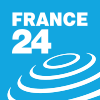
What is the path forward for the European Union? It’s a complicated question and an ambitious project given to 800 participants from all 27 EU countries as part of the EU’s Conference on the Future of Europe. Since May 2021, the conference has been tasked with pitching ideas to European leaders about how the EU should function – and FRANCE 24 was there, every step of the way. It is an unprecedented exercise in participatory democracy, giving European citizens a chance to make their voices heard and get their concerns addressed. Check out futureeu.europa.eu for more info.
Roughly a third of the 800 participants are under 25 – and FRANCE 24 interviewed four of them. We wanted to know what they want from the EU and how they think the conference can change Europe. Their priorities reflect the pressing issues facing Europe today: climate change, healthcare and migration.
Our web documentary includes interviews with Camille, Thilde, Zuzana and Laura Maria as they outline their aspirations for getting Europe to address the environment, Euroscepticism, borders and the aftermath of the pandemic.
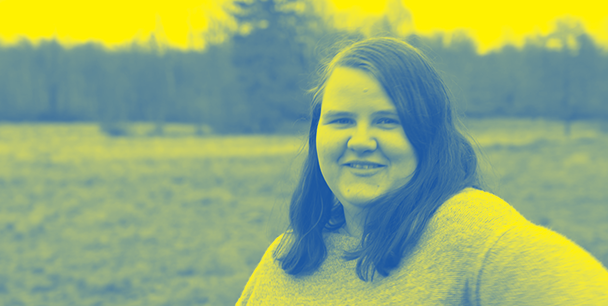
Thilde lives in the Swedish village of Fågelmara in the municipality of Karlskrona, a UNESCO-listed port. It is in the south of the country – the nearest capital city isn’t Stockholm but Copenhagen. Located on the Baltic Sea, the region is closely linked to Poland, Lithuania, Estonia and Latvia – and Russia isn’t very far away.
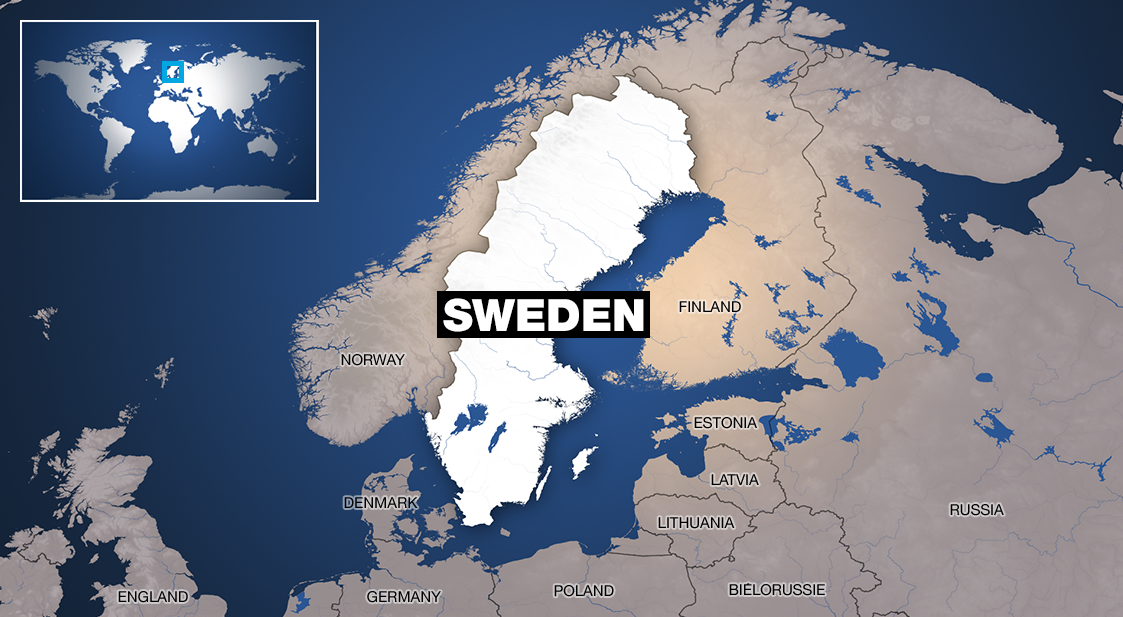
 Sweden is the EU’s third-largest country by size, but it is also one of the least densely populated. There are around 10 million inhabitants.
Sweden is the EU’s third-largest country by size, but it is also one of the least densely populated. There are around 10 million inhabitants.
 Sweden joined the EU on January 1, 1995, on the same day as Finland and Austria, becoming the bloc’s 15th member state. Joining the EU followed a nationwide referendum in November 1994 that approved membership by 52.2 percent.
Sweden joined the EU on January 1, 1995, on the same day as Finland and Austria, becoming the bloc’s 15th member state. Joining the EU followed a nationwide referendum in November 1994 that approved membership by 52.2 percent.
 Sweden did not join the Eurozone and it continues to use its own currency, the Swedish Kroner (SEK). That was the result of another referendum, this time in 2005, which rejected joining the single currency by 56.1 percent.
Sweden did not join the Eurozone and it continues to use its own currency, the Swedish Kroner (SEK). That was the result of another referendum, this time in 2005, which rejected joining the single currency by 56.1 percent.
 Despite its close proximity to Russia, Sweden, just like Finland, has never joined NATO. However, public opinion on the question has changed significantly in the wake of the Russian invasion of Ukraine.
Despite its close proximity to Russia, Sweden, just like Finland, has never joined NATO. However, public opinion on the question has changed significantly in the wake of the Russian invasion of Ukraine.
Thilde is 22 years old. She lives on the family farm near the city of Karlskrona in southern Sweden. Her country is directly affected by climate change: Sweden suffered its worst wildfires in modern history in July 2018. Around 25,000 hectares of forest were destroyed in the unprecedented blazes. The EU intervened to help douse the flames, but for many the fires left a lasting scar on the landscape and in their memories. They also accelerated an increase in awareness: Now, the environment is the number one concern in the country.
For Thilde, there is no time to lose: The time for talking is over, now it is time for action – before it’s too late.
When she was first contacted to participate in the Conference on the Future of Europe, Thilde wasn’t sure she was the right person. But she saw it as an opportunity to raise issues that she feels could have an impact, such as the development of public transport in rural areas to reduce car usage and carbon emissions. That’s a crucial question in large but sparsely populated Sweden.
Thilde’s proposal was adopted, and will feature as one of the conference’s recommendations. The conference has also helped Thilde better understand the priorities of other Europeans, such as those who live in urban areas.
Little by little, Thilde has grown in confidence and broadened her horizons during the conference.
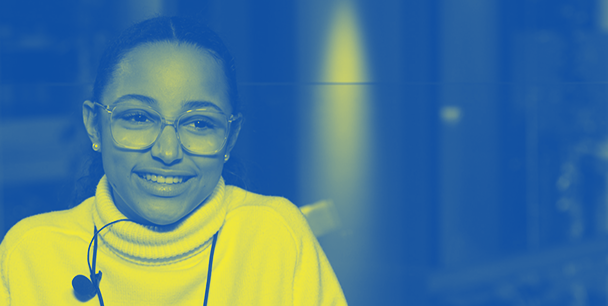
Camille lives in Toulouse, in the southwest of France
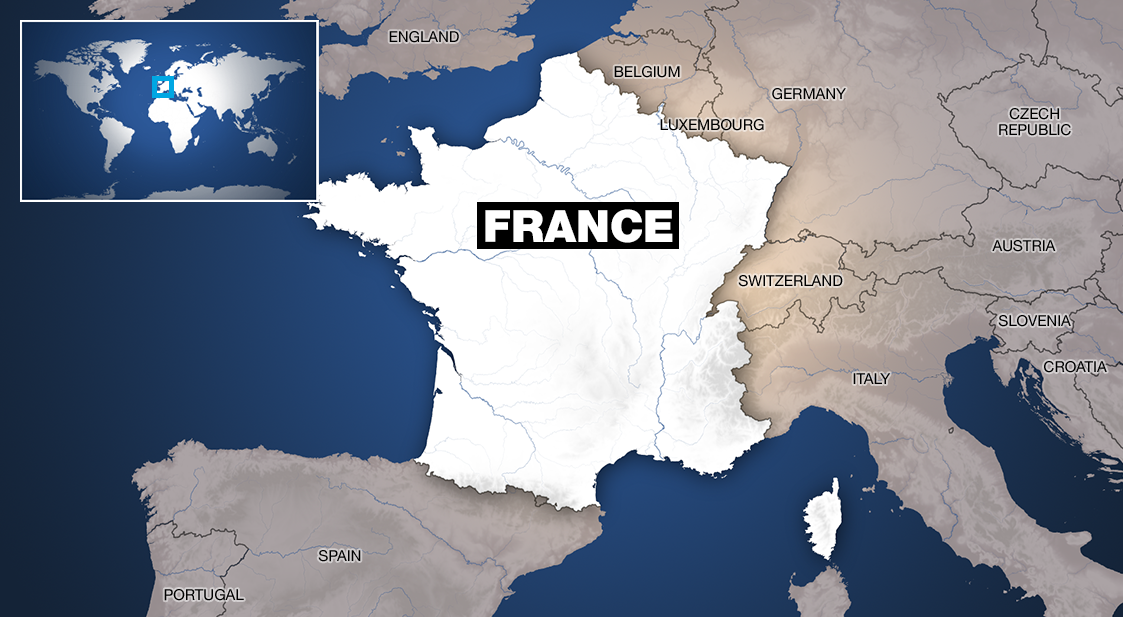
 France is one of the founding members of the European Union, first as part of the European Steel and Coal Community in 1951 (along with Belgium, Italy, Luxembourg and the Netherlands), then as part of the European Economic Community in 1957 following the ratification of the Treaty of Rome.
France is one of the founding members of the European Union, first as part of the European Steel and Coal Community in 1951 (along with Belgium, Italy, Luxembourg and the Netherlands), then as part of the European Economic Community in 1957 following the ratification of the Treaty of Rome.
 France was one of the 11 countries to first adopt the euro in 1999.
France was one of the 11 countries to first adopt the euro in 1999.
 France’s direct neighbours are Spain and Italy to the south, Switzerland and Germany to the east, and Belgium and Luxembourg to the north.
France’s direct neighbours are Spain and Italy to the south, Switzerland and Germany to the east, and Belgium and Luxembourg to the north.
 France has a population of around 67 million people. It’s the EU’s largest country by size, representing more than 15 percent of the bloc’s territory, followed by Spain and Sweden.
France has a population of around 67 million people. It’s the EU’s largest country by size, representing more than 15 percent of the bloc’s territory, followed by Spain and Sweden.
 French diplomats have played a central role in constructing Europe as we know it today, with Jean Monnet and Robert Schuman among its founding fathers. Simone Veil was the European Parliament’s first woman president, Jacques Delors served as president of the European Commission, and French presidents Valéry Giscard d’Estaing and François Mitterand also helped shape the EU during their time in power.
French diplomats have played a central role in constructing Europe as we know it today, with Jean Monnet and Robert Schuman among its founding fathers. Simone Veil was the European Parliament’s first woman president, Jacques Delors served as president of the European Commission, and French presidents Valéry Giscard d’Estaing and François Mitterand also helped shape the EU during their time in power.
Camille is a 16-year-old high school student from the French city of Toulouse. It was her mother who signed her up to take part in the Conference on the Future of Europe. Following her application, Camille was chosen to be the ambassador for the working group on health. Camille is one of the youngest participants in the conference, and she knew little about European topics and how the EU works. But after just a few months, she became a regular at the European Parliament in Strasbourg.
Camille’s mother, Stéverine, has been at her side from the first day in Strasbourg.
For a 16-year-old, learning how to make her voice heard at the conference hasn’t been simple. And there’s been another challenge for Camille: she has had to juggle the conference and the complex issues facing Europe along with her studies: she is taking her baccalauréat (graduation exam) this year. Between homework and the conference, she has been busy.
Once she had found her voice in Strasbourg’s legislative chamber, Camille focussed on issues that she and her mother hold dear, such as reducing barriers preventing people with disabilities from playing an active role in society and establishing universal health provisions in the EU’s 27 member states.
Read more on France 24: Camille, la santé et le handicap à cœur
Before Covid 19, the EU had little input when it came to healthcare across the bloc – but the pandemic has sparked a change. Camille’s working group wants to capitalise on that shift to push for more equal access to healthcare. That EU-wide access is one of the recommendations the health working group put forward to the European Parliament as part of the conference.
For Camille, there is little time to waste – it needs to be a priority for European politicians.
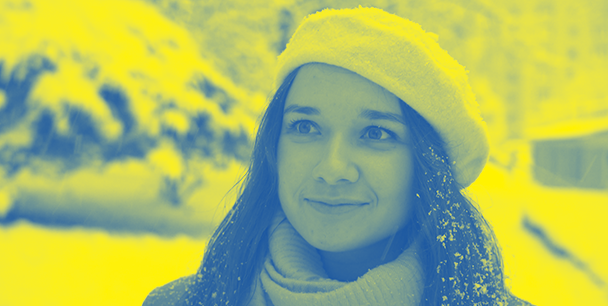
Zuzana lives in Bratislava, the capital of Slovakia. Landlocked in central Europe, Slovakia is bordered by Poland to the north, Ukraine to the east, Hungary to the south, the Czech Republic to the northwest and Austria to the west.
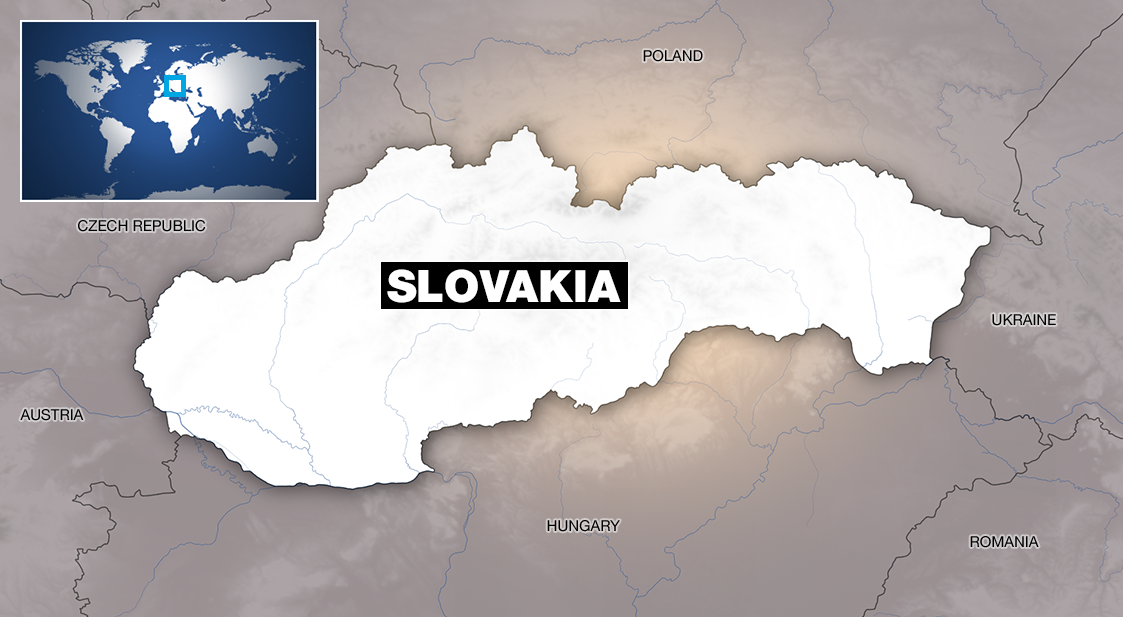
 Slovakia has a population of around 5 million people.
Slovakia has a population of around 5 million people.
 It joined the European Union on May 1, 2004, having begun the accession process in 1995. Slovakia joined the EU on the same day as Poland, Hungary, Slovenia, the Czech Republic, Cyprus, Estonia, Lithuania, Latvia and Malta. It went on to join the Schengen zone, which allows freedom of movement across borders, in 2007.
It joined the European Union on May 1, 2004, having begun the accession process in 1995. Slovakia joined the EU on the same day as Poland, Hungary, Slovenia, the Czech Republic, Cyprus, Estonia, Lithuania, Latvia and Malta. It went on to join the Schengen zone, which allows freedom of movement across borders, in 2007.
 The referendum on joining the EU saw a massive vote in favour: The Yes camp totalled 93.7 percent in the vote on May 16 and 17, 2003. But that result is slightly misleading: Only 52.1 percent of the voting population cast a ballot. Slovakia has gained a reputation for Euroscepticism, with turnout for European elections very low. Slovakia has managed to score the unenviable ranking of lowest turnout in three consecutive elections.
The referendum on joining the EU saw a massive vote in favour: The Yes camp totalled 93.7 percent in the vote on May 16 and 17, 2003. But that result is slightly misleading: Only 52.1 percent of the voting population cast a ballot. Slovakia has gained a reputation for Euroscepticism, with turnout for European elections very low. Slovakia has managed to score the unenviable ranking of lowest turnout in three consecutive elections.
 Slovakia is one of the 19 members of the eurozone. The single European currency replaced the Slovakian Koruna on January 1, 2009.
Slovakia is one of the 19 members of the eurozone. The single European currency replaced the Slovakian Koruna on January 1, 2009.
 Slovakia joined NATO on March 29, 2004.
Slovakia joined NATO on March 29, 2004.
At the European Parliament in Strasbourg, Zuzana is in her element. As a student of European affairs in Bratislava, she has long been fascinated by Europe and its issues. She is currently preparing a thesis on the impact of the representation of young people at the European level. With such a background, Zuzana was a natural choice to be her country’s ambassador at the Conference on the Future of Europe. Every EU member state has its own at the Conference.
Zuzana is 22 years old. While her enthusiasm for Europe is clear, the country she’s representing is less sure: Since joining the EU in 2004, little by little, Slovakia has fallen out of love with Europe. In three straight European elections, Slovakia has the lowest registered turnout in the entire EU.
Read more on FRANCE 24: Zuzana, Européenne convaincue en terre eurosceptique
For Zuzana, pushing back against that Euroscepticism at home is vital. Her speech to the European Parliament in October left a lasting impression.
Zuzana is an ardent pro-European, determined to promote the freedoms that citizens benefit from in the EU. She also wants to limit the spread of damaging fake news about the bloc. Her passion for Europe – as well as her outspoken style – propelled her into the limelight in Strasbourg. For her, the conference must not prove to be a false hope: It has to create a real roadmap for the future. The recommendations made by the 800 participants have yet to be formally implemented by the EU’s leaders.

Laura Maria lives in the city of Prato, a short way from Florence in Italy’s Tuscany region.
Italy’s neighbours are France to the west, Switzerland and Austria to the north, and Slovenia and the Balkans to the east. On the other side of the Mediterranean Sea, Italy and its southern island of Sicily are a short distance from the North African countries of Tunisia, Libya and Algeria.
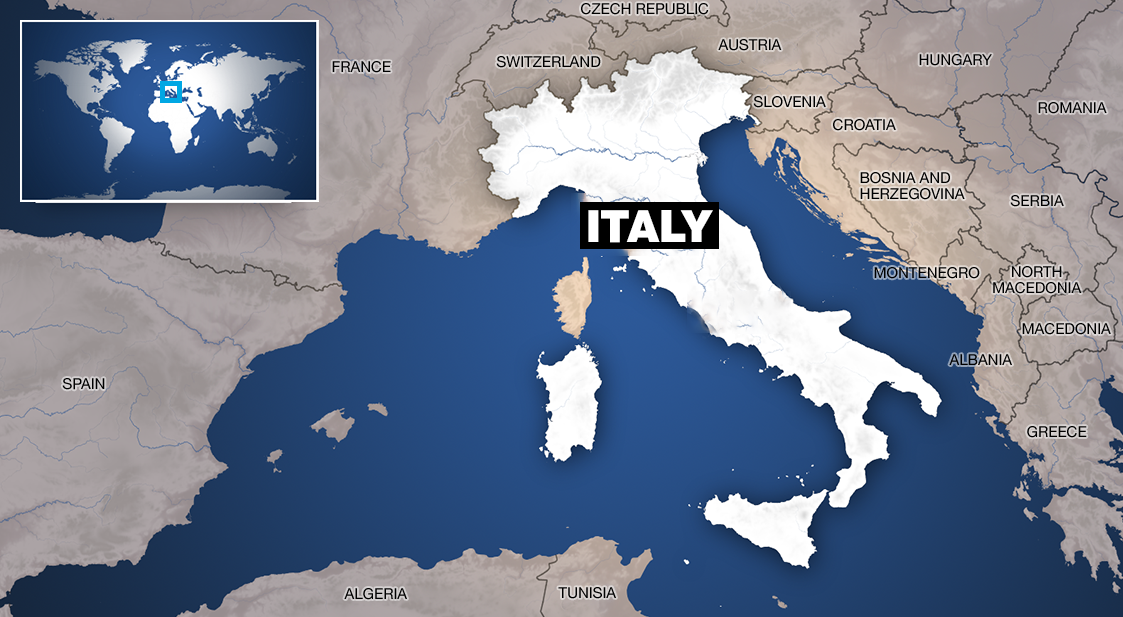
 Italy has a population of some 60 million people.
Italy has a population of some 60 million people.
 It was a founding member of the European Union, first as part of the European Coal and Steel Community (from 1951, alongside France, Belgium, Luxembourg and the Netherlands), then as part of the European Economic Community following the ratification of the Treaty of Rome in 1957.
It was a founding member of the European Union, first as part of the European Coal and Steel Community (from 1951, alongside France, Belgium, Luxembourg and the Netherlands), then as part of the European Economic Community following the ratification of the Treaty of Rome in 1957.
 Italy was one of the first 11 nations to adopt the euro in 1999.
Italy was one of the first 11 nations to adopt the euro in 1999.
 Italian politicians have played a crucial role in shaping the Europe we know today, including the work of two EU founding fathers, Alcide de Gasperi and Altiero Spinelli. The European Commission has had two Italian leaders, Franco Maria Malfatti (1967-1970) and Romano Prodi (1999-2004). Antonio Tajani (2017-2019) and David Sassoli (2019-2022) served as presidents of the European Parliament. The current Italian prime minister, Mario Draghi, served as chairman of the European Central Bank from 2011 to 2019. Federica Mogherini was the EU’s high representative for foreign affairs from 2014 to 2019.
Italian politicians have played a crucial role in shaping the Europe we know today, including the work of two EU founding fathers, Alcide de Gasperi and Altiero Spinelli. The European Commission has had two Italian leaders, Franco Maria Malfatti (1967-1970) and Romano Prodi (1999-2004). Antonio Tajani (2017-2019) and David Sassoli (2019-2022) served as presidents of the European Parliament. The current Italian prime minister, Mario Draghi, served as chairman of the European Central Bank from 2011 to 2019. Federica Mogherini was the EU’s high representative for foreign affairs from 2014 to 2019.
Maria Laura almost didn’t get to take part in the Conference on the Future of Europe: It was only after her father graciously gave up his spot that she got to go. (The conference’s objective was to have at least a third of participants aged 16 to 25.)
It’s an opportunity that Maria Laura, who has just graduated as a student of cultural anthropology, is determined to seize – and to put her enthusiasm to work promoting a certain idea of Italy and Europe: welcoming, responsible and open-minded.
Maria Laura’s hometown of Prato, near Florence, is a very multicultural place, home to 120 nationalities and one of the biggest Chinese communities in Europe – a melting pot that has had a lasting impression on Maria Laura. During the conference, and as part of her working group that addressed migration issues, she discovered that many of her colleagues knew very little about the relevant national and EU legislation.
Read more on FRANCE 24: Laura Maria, pour une Europe ouverte, responsable et sans murs
Maria Laura has a clear objective: She wants to promote the idea of a Europe equipped with bloc-wide mechanisms, not barriers, to deal with migration.
During the plenary sessions of the conference, Maria Laura remained committed, serious and uncompromising. For her, the conference must not fall into the trap of becoming a simple public relations operation. She believes that the conference can only succeed if European politicians listen to the 800 citizens who have devoted their time, energy and brainpower over the past year – and act on the recommendations the conference has put forward.
